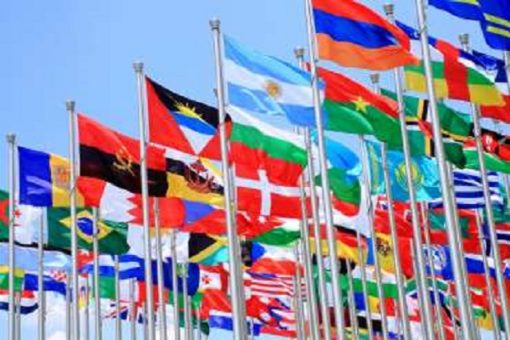
Ten countries with most difficult citizenship process
Getting citizenship in a foreign country can be difficult and some countries have very strict criteria. The process of becoming a citizen of another nation and settling there might be difficult and complicated for people who are unaware of the regulations.
To help you sort out this issue a bit for you, here is a look at some of the toughest places to get citizenship.
- Japan
Japan’s citizenship process is rigorous, requiring at least five years of residency, a clean criminal record, and proficiency in Japanese. Applicants must submit a detailed application to the Ministry of Justice, including extensive personal information. Japan’s prohibition on dual citizenship further complicates the process, demanding that new citizens renounce their previous nationality.
- North Korea
North Korea is infamous for its nearly insurmountable barriers to obtaining citizenship. The country demands renunciation of all other nationalities, strict age and education requirements, and a clean criminal record. The application process is long and includes interviews and exams, making North Korean citizenship almost unattainable for foreigners.
- Liechtenstein
Liechtenstein has some of the world’s strictest citizenship requirements. Applicants must have resided in the country for a minimum of 30 years, including at least 5 years with Permanent Residency status. Exceptions include reduced residency for minors and spouses of Liechtenstein citizens, but the overall process remains highly challenging.
- Switzerland
Switzerland’s naturalisation process is stringent. Applicants must have resided in the country for at least 10 years and hold a C permit. While simplified naturalisation is available for individuals married to Swiss citizens or third-generation foreigners, all candidates are required to show significant integration into Swiss culture and fulfill additional criteria set by local cantons.
- Qatar
Qatar presents a formidable challenge with its stringent citizenship requirements. Foreigners must reside continuously in the country for 25 years, demonstrate proficiency in Arabic, and maintain a clean conduct record. Qatar’s laws also prohibit dual nationality, necessitating the renunciation of one’s original citizenship.
- Bhutan
In Bhutan, a secluded Himalayan kingdom, obtaining citizenship is highly restrictive. Foreigners must reside in the country for a minimum of 20 years before becoming eligible to apply. During this time, any criticism of the monarchy can result in the denial or revocation of citizenship. Bhutanese authorities maintain full discretion over the approval process, making the path to citizenship even more challenging.
- China
In China, citizenship is largely reserved for those of Chinese descent, with non-nationals having limited opportunities. Applicants can sometimes obtain citizenship through marriage, but they must reside in China for at least two years. The process is complex, often requiring legal assistance and thorough documentation.
- Vatican City
Vatican City, the world’s smallest country with just over 800 residents, is notoriously difficult for foreigners to gain citizenship. Citizenship here is limited to those born within its walls or appointed by the Pope. Typically, this means only those in specific roles, such as diplomats or members of the Swiss Guard, are eligible, making it nearly impossible for most people.
- Kuwait
Kuwait, another oil-rich country, has one of the most exclusive citizenship policies, making it nearly impossible for foreigners to become naturalized. The requirements include:
A minimum residency period of 20 years.
The Kuwaiti National Law of 1959 also demands fluency in Arabic. You must be a Muslim either by birth or through conversion. Even long-term expatriates, many of whom have lived in Kuwait for generations, struggle to obtain citizenship. Kuwait does not recognize dual citizenship.
- Saudi Arabia
Saudi Arabia is an oil-rich country housing Mecca and Medina, the holiest sites in Islam. Saudi Arabia has strict immigration and naturalisation policies. Foreigners looking to become Saudi citizens must:
Reside in the country for at least 10 years.
Be fluent in Arabic, as language proficiency is a key factor in the application process.
Contribute to the country economically or socially, meaning professionals with valuable skills or investments stand a better chance. Despite these rules, most foreign residents in Saudi Arabia remain on temporary work visas rather than gaining citizenship, as the process remains extremely selective.
EFCC clarifies Achimugu probe unrelated to Atiku, Sanwo-Olu
Peter Obi rejects APC affiliation, denounces toxic politics
BREAKING: Saudi confirms Sunday Eid-el-Fitr
Share your story or advertise with us: Whatsapp: +2348033202396 Email: sentinelnewsng@gmail.com








